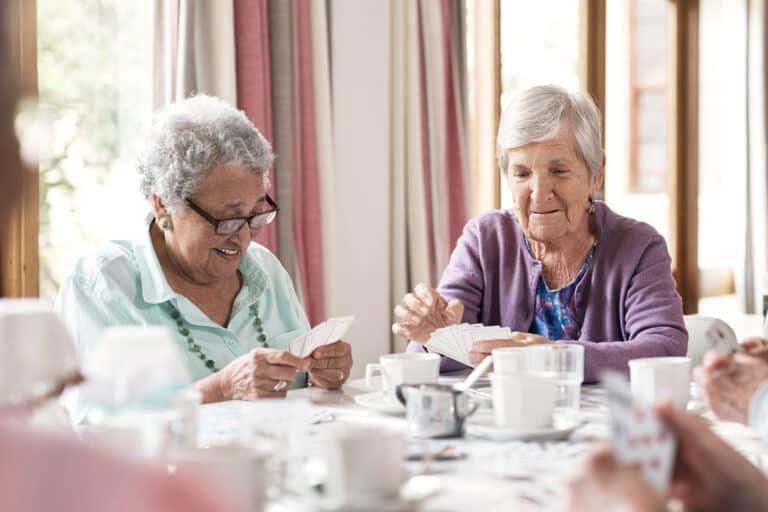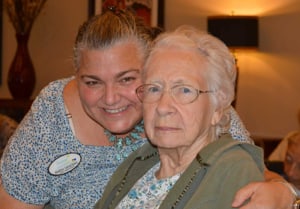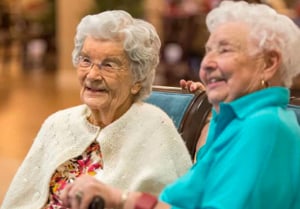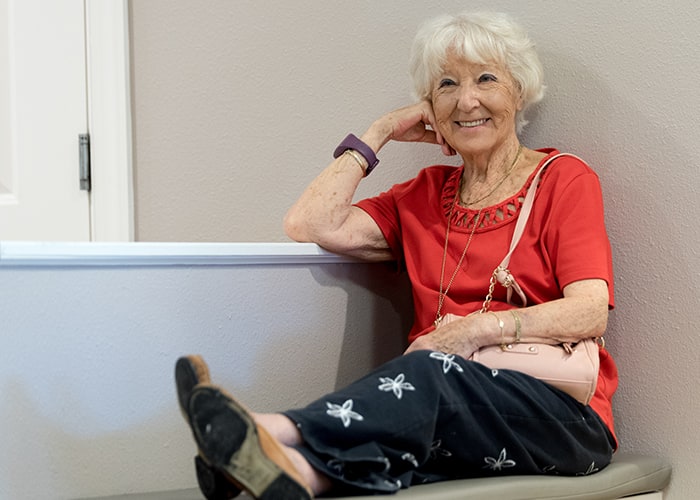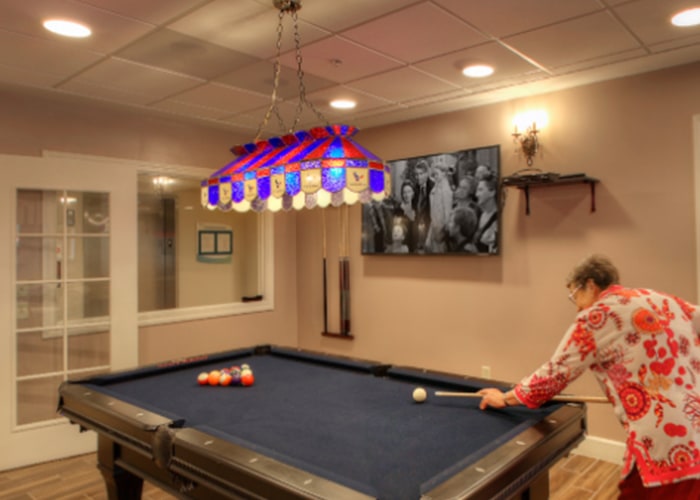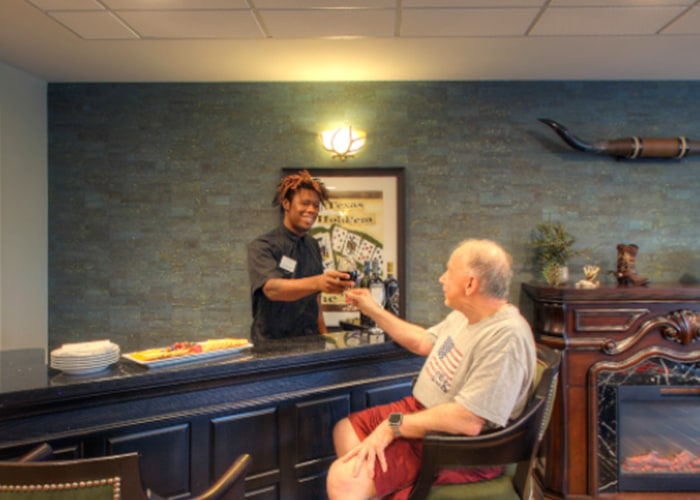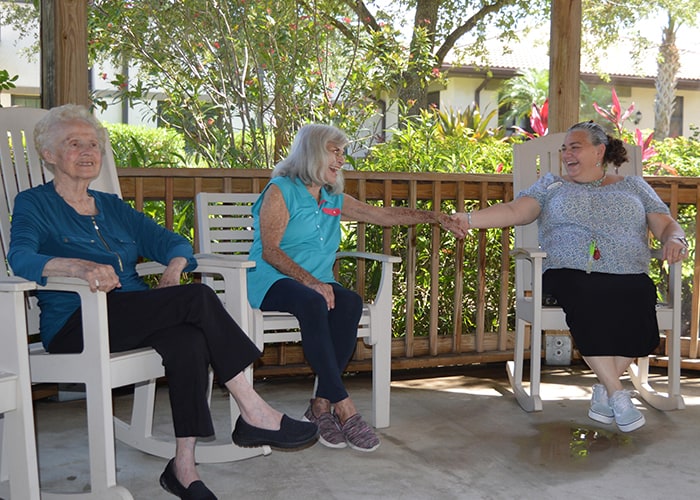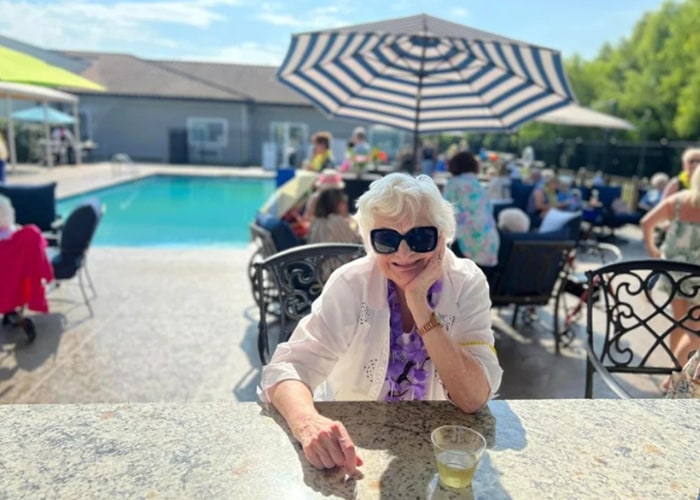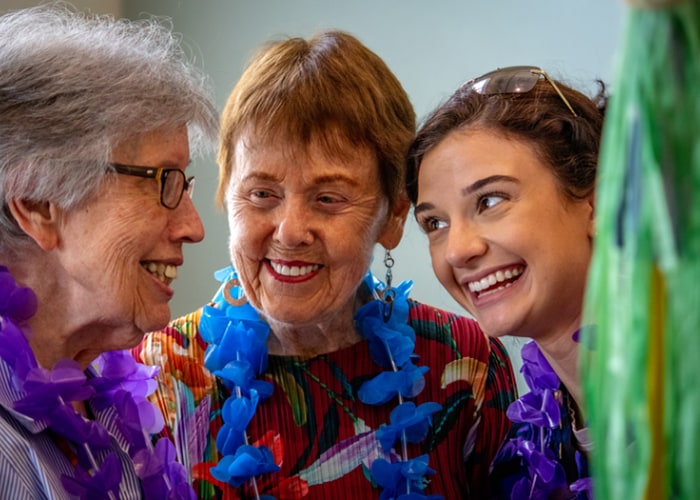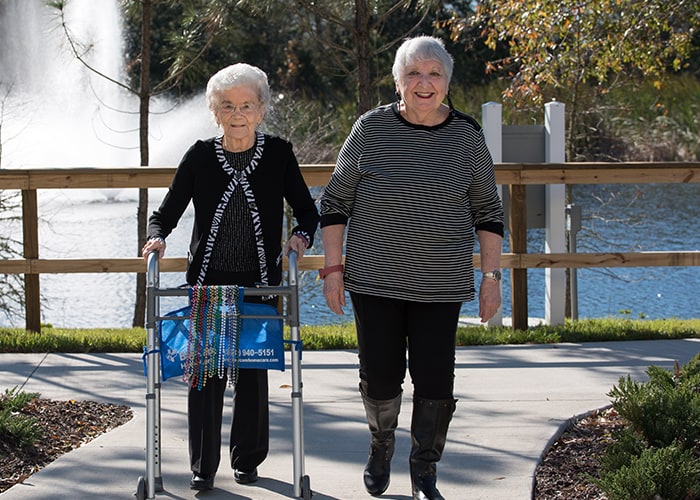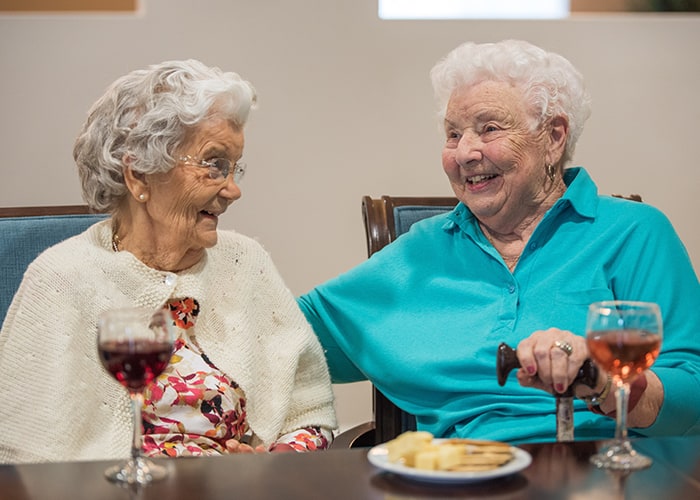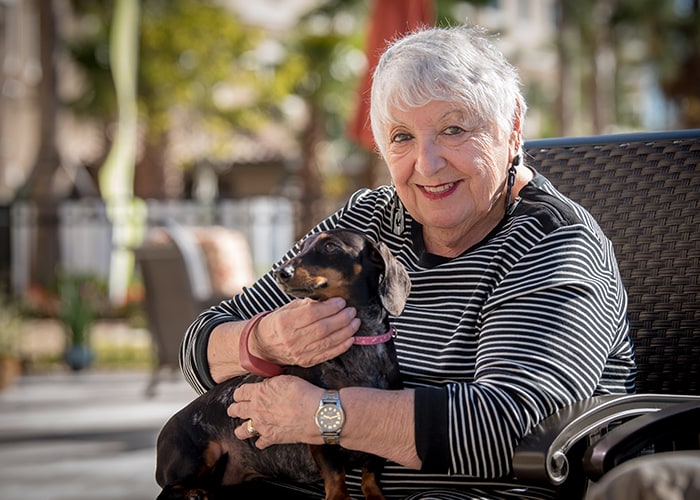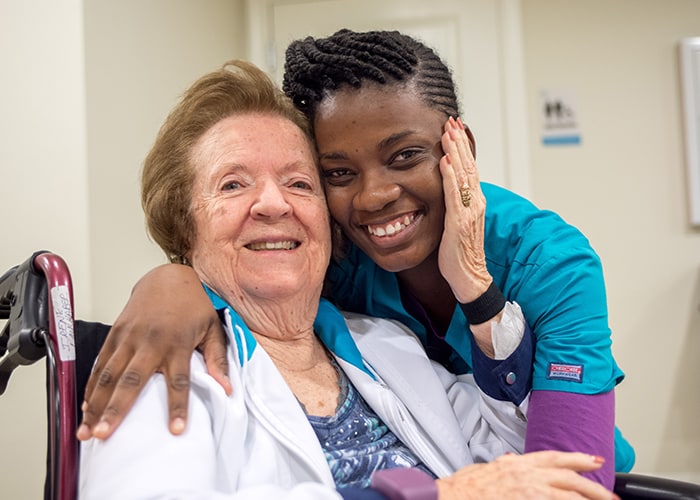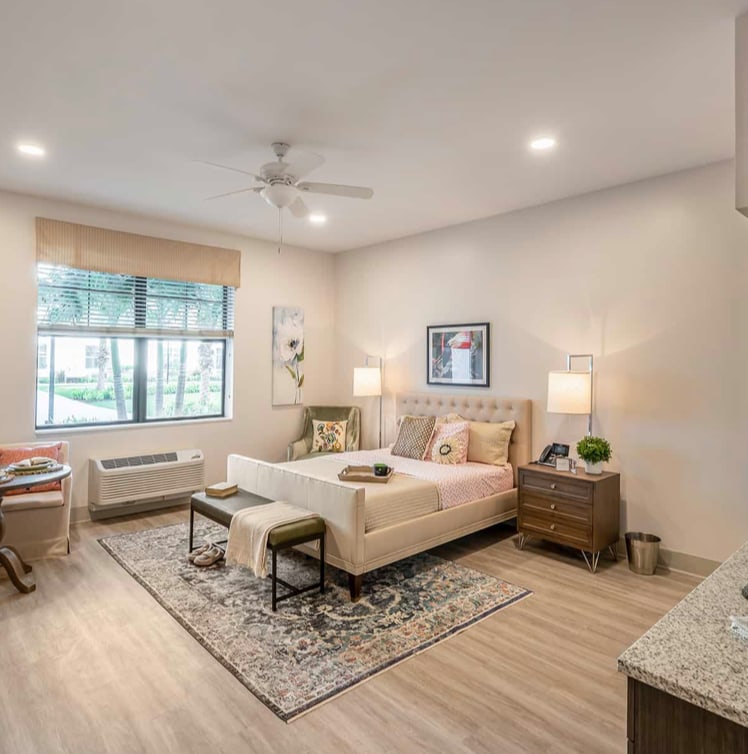Many seniors prefer to age in the comfort of their own homes, but there comes a point where safety and daily activities become increasingly difficult to manage independently. As our loved ones age, they often face unique challenges that may require additional support and care.
Being able to identify and address early signs that indicate a need for assisted living matters to their overall health and life quality. This guide will shed light on the subtle yet significant indicators that your senior family member might benefit from assisted living. Keep reading to learn more about these signs early on and how to make informed decisions to provide the best possible elder care.
Physical Signs
As our loved ones age, changes in physical health can often signal the need for additional support and care. Recognizing these early physical signs is crucial for ensuring the well-being and safety of senior family members.
Decline in Mobility
A decline in mobility may manifest as an unsteady gait, shuffling steps, or a reluctance to engage in activities that involve walking. Pay close attention to your senior family member frequently stumbling or tripping over objects or expressing fear and anxiety related to falling.
Falls are particularly concerning and may become more frequent, even in familiar surroundings. More than one in four seniors in the US fall each year. Unexplained bruises or injuries could be signs that your loved one is struggling to maintain their balance.
Changes in Personal Hygiene
Poor grooming habits, such as neglecting basic personal care routines like brushing teeth or combing hair, may signify challenges in maintaining self-care. If your loved one is wearing the same clothes for extended periods without washing, it could indicate a struggle with personal hygiene.
An inability to manage personal care independently, including difficulties with activities like bathing and dressing, is another important physical sign to watch for. If you notice these changes, it may be time to address them by considering additional support or assisted living options.
Cognitive Changes
Let’s delve into cognitive changes that may indicate your senior loved one is in need of assisted living. We will explore signs related to memory loss, confusion, and disorientation that can impact their daily life and overall well-being.
Memory Loss
Seniors experiencing cognitive changes often display forgetful behavior. They may ask the same questions repeatedly and seem unaware of prior discussions. This behavior can disrupt daily routines, complicate interactions, and cause frustration for both seniors and their loved ones.
Another common sign is the consistent misplacement of belongings. Seniors may struggle to locate commonly used items, leading to increased feelings of confusion and agitation.
Confusion and Disorientation
Seniors may become disoriented in environments they once knew well which potentially puts them at risk. Family members and caregivers may observe instances during times like holidays when their loved one seems lost, confused, or wandering in familiar surroundings.
Emotional and Behavioral Signs
There are emotional and behavioral signs that may indicate your senior loved one could benefit from assisted living. Focusing on changes in overall emotional well-being can offer valuable insights into their current state of health and happiness.
Social Withdrawal
Seniors experiencing a decline in social engagement may show reduced participation in gatherings, events, or community activities. This withdrawal can manifest as a decreased interest in clubs, hobbies, or social events.
Another emotional sign may be a diminishing connection with loved ones. Seniors might limit communication with friends and family and increase social isolation, avoiding phone calls, visits, or other social interactions.
Mood Swings
Mood swings, such as increased irritability over minor issues, can be indicative of emotional distress. Seniors may display a quick temper or occasional verbal and physical aggression.
Expressions of prolonged sadness or feelings of hopelessness, coupled with increased anxiety or excessive worrying, may suggest emotional challenges. Seniors may also articulate loneliness or abandonment, expressing a feeling of disconnection from friends and family.
Changes in Sleep Patterns
Shifts in sleep patterns can be evident through trouble falling asleep or staying asleep. This can lead to increased instances of insomnia.
On the other hand, seniors may also exhibit excessive sleeping, spending more time sleeping during the day and struggling to stay awake during regular hours. You may also notice restlessness, characterized by fidgeting or pacing.
Appetite Changes
Emotional challenges may impact eating habits, resulting in a decreased appetite or lack of interest in meals, potentially leading to unexplained weight loss. Some seniors may cope with emotional distress by resorting to unhealthy eating patterns and use food as a means of emotional solace.
Decreased Interest in Hobbies or Activities
A decline in interest may manifest as seniors giving up hobbies or activities that once brought joy, displaying a lack of enthusiasm for previously pleasurable pursuits.
These emotional and behavioral signs can provide valuable insights into a senior loved one’s mental well-being and may indicate the need for additional support and care.
Resistance to Assistance
Many seniors may be in denial about their limitations or fear losing their independence. This resistance can manifest as an unwillingness to acknowledge the need for assistance or a reluctance to discuss the possibility of transitioning to a senior living facility.
Family members may observe their loved one dismissing concerns, downplaying difficulties, or outright refusing help with daily activities. It’s essential to approach this resistance with empathy and understanding.
Find Out If Assisted Living is the Right Solution For Your Family
Recognizing the early signs that your senior loved one may need assisted living is crucial for ensuring their well-being and safety. From physical challenges like a decline in mobility to cognitive changes such as memory loss, it’s essential to be vigilant and observant.
Families should seek professional advice, explore available resources, and engage in open discussions about the potential benefits of assisted living for their senior family members.
If the challenges of changes in your loved one are becoming overwhelming, it may be worth considering relocating your loved one to a senior community like Inspired Living. Our professionals provide the best possible care and support during this phase of life.
Contact us today to schedule a tour and learn if assisted living fits your needs.

